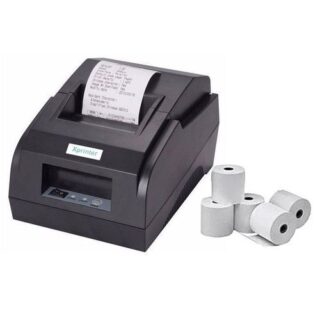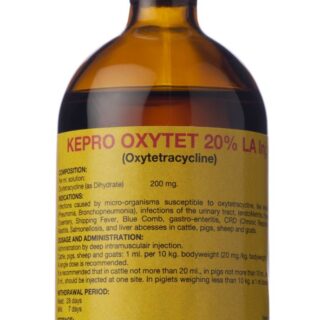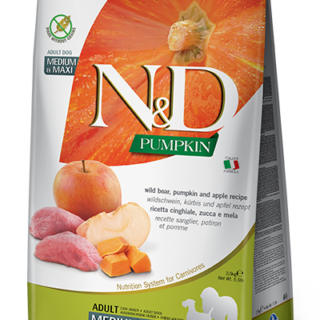Learn how to – Install and Configure GitLab on CentOS 8 / RHEL 8.
How can I install GitLab on CentOS 8 / RHEL 8?. GitLab is a powerful and Open source git-based platform for accelerated software development and collaboration. It provides up to scratch features like integrated CI/CD, Auto DevOps, Kubernetes integration, GitLab Container Registry e.t.c. In this article, we will delve into the installation of GitLab CE on CentOS 8 / RHEL 8 and the basics of configuring/using it.
The notable advantage of GitLab over other platforms is the myriad of features and integrations available with the open source license. Other platforms will for sure bill you for some features available on GitLab. With that said, let’s see how to Install and Configure GitLab on CentOS / RHEL 8.
Across all operating systems, GitLab has two distinct products:
- GitLab Community Edition (CE) – Free to use
- GitLab Enterprise Edition (EE) – Requires purchased license to use.
It’s worth noting that more features can be unlocked by moving to subscription(EE). Check the GitLab subscriptions for details.
Step 1: Update system and Install Dependencies
Update your system and install the required dependencies:
sudo yum -y update
sudo yum -y install curl vim policycoreutils python3-policycoreutilsIf you want to install and use local mail server for sending notifications, then install Postfix:
sudo yum -y install postfix
Start and enable Postfix service after the installation.
sudo systemctl enable postfix && sudo systemctl start postfixFor configuration of external email relay service after setting up Gitlab, skip this step and check how to configure an external SMTP server.
Step 2: Add the Gitlab CE Repository
GitLab provides omnibus packages from a repository. These packages are compiled specifically for CentOS/RHEL.
A script is provided for this purpose.
curl -s https://packages.gitlab.com/install/repositories/gitlab/gitlab-ce/script.rpm.sh | sudo bashIf the script execution is successful, you’ll get output similar to below.
Complete!
Generating yum cache for gitlab_gitlab-ce...
Importing GPG key 0x51312F3F:
Userid : "GitLab B.V. (package repository signing key) <packages@gitlab.com>"
Fingerprint: F640 3F65 44A3 8863 DAA0 B6E0 3F01 618A 5131 2F3F
From : https://packages.gitlab.com/gitlab/gitlab-ce/gpgkey
Importing GPG key 0xF27EAB47:
Userid : "GitLab, Inc. <support@gitlab.com>"
Fingerprint: DBEF 8977 4DDB 9EB3 7D9F C3A0 3CFC F9BA F27E AB47
From : https://packages.gitlab.com/gitlab/gitlab-ce/gpgkey/gitlab-gitlab-ce-3D645A26AB9FBD22.pub.gpg
Generating yum cache for gitlab_gitlab-ce-source...
The repository is setup! You can now install packages.
Step 3: Install GitLab CE on CentOS 8 / RHEL 8
Install GitLab CE by running the command:
sudo yum install gitlab-ceHit the y to begin installation of GitLab CE on CentOS 8 / RHEL 8.
Dependencies resolved.
======================================================================================================================================================================================================
Package Architecture Version Repository Size
======================================================================================================================================================================================================
Installing:
gitlab-ce x86_64 15.0.3-ce.0.el8 gitlab_gitlab-ce 1.0 G
Transaction Summary
======================================================================================================================================================================================================
Install 1 Package
Total download size: 1.0 G
Installed size: 16 E
Is this ok [y/N]: y
Step 4: Configure GitLab CE on CentOS 8 / RHEL 8
Our installation is done, we can then do the GitLab configuration that works for our environment. The main configuration file for GitLab is located under /etc/gitlab/gitlab.rb.
sudo vi /etc/gitlab/gitlab.rbE.g, Set URL on which GitLab will be reachable:
external_url 'http://gitlab.example.com'Don’t forget to replace gitlab.example.com with your actual domain or sub-domain for GitLab CE.
Scroll through the configuration file and make changes accordingly. Once done, save the file and run Gitlab reconfiguration script.
sudo gitlab-ctl reconfigure
This will start a Chef local execution to configure GitLab. A successful reconfiguration shows an output like below.

If you have an active firewall, allow http, https and ssh services.
sudo firewall-cmd --permanent --add-service={ssh,http,https} --permanent
sudo firewall-cmd --reloadStep 4: Access GitLab Web Console
Open your browser and go to URL http://gitlab.example.com to finish the installation of Gitlab.

You’re asked to create a new password for your account. Set a new password for root user then click “Change your password“.

You can then login with the root username and password set above. You should be redirected to the GitLab administration dashboard after logging in.
Step 5: Disable User Sign Up ( Recommended)
By default, GitLab allows new users to sign up, this is not usually the case as users are created manually by SysAdmin or user information pulled from external authentication systems such as LDAP.
You can disable this setting to have a secure access management. See:
Step 6: Secure GitLab with SSL Certificate (Recommended)
SSL is the defacto protocol for securely accessing services in the internet. You can make use of free SSL certificates such as Let’s Encrypt to secure your GitLab server. Refer to our previous guide below.
Step 7: Enable LDAP Authentication (Optional)
For those who use LDAP as a primary method of authentication, GitLab can be configured to use an LDAP server such as FreeIPA to authenticate users.
Visit Gitlab Documentation page for more learning on GitLab administration.
GitLab CI Learning Courses:
Git Learning Video Courses:
- The Git & Github Bootcamp
- Git Going Fast: One Hour Git Crash Course
- Git Complete: The definitive, step-by-step guide to Git
- Complete Git Guide: Understand and master Git and GitHub
- Git & GitHub For Beginners – Master Git and GitHub
More Git related articles.
Install and Configure GitLab CE on Debian
How To Install GitBucket on Ubuntu / Debian Linux
GitLab and Slack Integration for notifications




















































Leave a Reply
You must be logged in to post a comment.